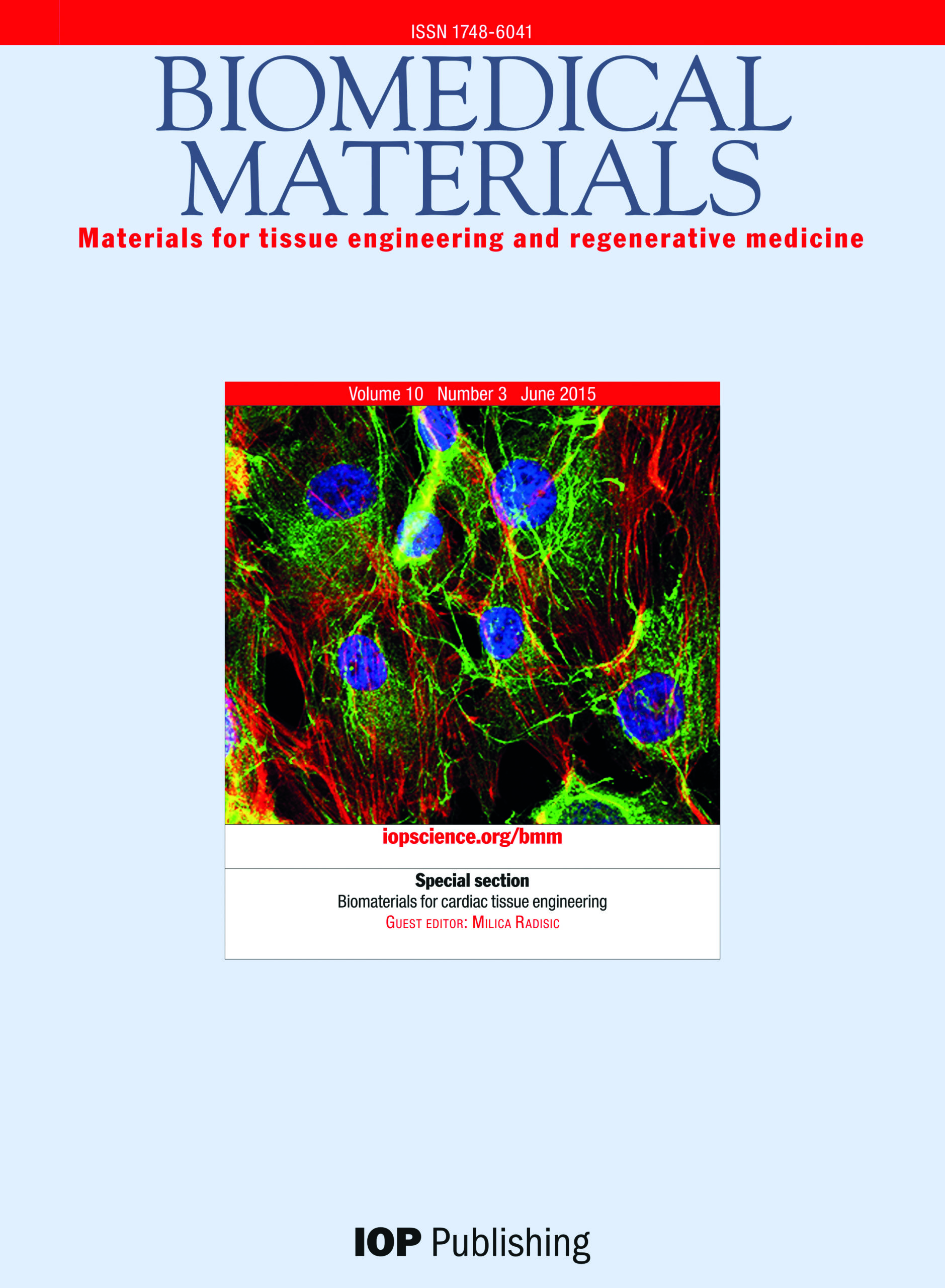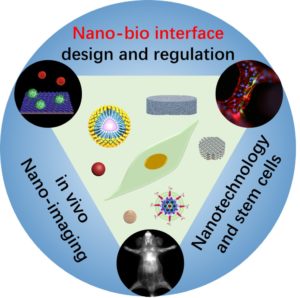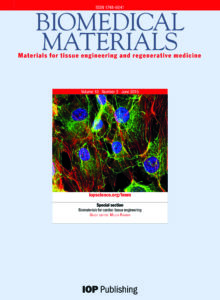BMM特刊精选|聚焦中国科学院苏州纳米技术与纳米仿生研究所

特刊详情
客座编辑
- 王强斌,中国科学院苏州纳米技术与纳米仿生研究所
- 裴仁军,中国科学院苏州纳米技术与纳米仿生研究所
主题范围

- Nano-bio interface design and regulation: this is to achieve the specific recognition between nanomaterials and biological entities for biosensing, diagnosis, selective targeting, etc., with the help of multiple techniques such as aptamer and peptide screening, nanomaterials synthesis and modifications, self-assembly.
- In vivo nano-imaging: employing near-infrared II (NIR-II) fluorescence imaging and magnetic resonance imaging (MRI) for in vivo imaging with high sensitivity and high temporal-spatial resolution. The research covers the preparation and functionalization of nanoprobes, the development of imaging instruments and imaging-based biomedical applications.
- Nanotechnology and stem cells: the research focuses on developing three-dimensional functionalized biomaterial scaffolds by integration of nanomaterials to mimic tissue properties and construct favorable microenvironments for modulating cell fate and promoting tissue regeneration.
This Focus Collection will include a series of topical reviews and original research articles that highlight the recent advances in nanomaterials-based detection and in vivo imaging, biomaterial scaffold and cell-based therapy from the researchers of CAS Key Laboratory of Nano-Bio Interface, Suzhou Institute of Nano-Tech and Nano-Bionics, Chinese Academy of Sciences.
特刊文章
Topical Review
Zhuqing Sun et al 2022 Biomed. Mater. 17 022002
Papers
Zhongjuan Xu et al 2022 Biomed. Mater. 17 014103
Advanced NIR ratiometric probes for intravital biomedical imaging
Haoying Huang et al 2022 Biomed. Mater.17 014107
Aptamer-functionalized targeted siRNA delivery system for tumor immunotherapy
Haiyin Lv et al 2022 Biomed. Mater. 17 024108
Biomaterials with stiffness gradient for interface tissue engineering
Jialun Cai et al 2022 Biomed. Mater. 17 064103
Yuanxin Zhai et al 2022 Biomed. Mater. 17 014104
Handong Wang et al 2022 Biomed. Mater. 17 014101
Flexible conductive silk-PPy hydrogel toward wearable electronic strain sensors
Yuanyuan Han et al 2022 Biomed. Mater. 17 024107
Weizhi Wang et al 2021 Biomed. Mater. 16 064103
Yuheng Cao et al 2022 Biomed. Mater. 17 024105
Zahid Hussain et al 2022 Biomed. Mater. 17 034102
Xinhao Zhao et al 2022 Biomed. Mater. 17 024104
Smart delivery of poly-peptide composite for effective cancer therapy
Xin Yuan et al 2022 Biomed. Mater. 17 024103
Yun Chu et al 2021 Biomed. Mater. 16 064102
期刊介绍

- 2021年影响因子:4.103 Citescore:5.5
- Biomedical Materials(BMM)期刊是IOP出版社旗下基于同行评议的学术期刊,创刊于2006年。该刊关注如何利用生物医学材料解决日益增长的人类健康需求,包括但不限于组织工程以及、再生医学、干细胞、药物/因子递送、纳米医学、癌症诊断和治疗等领域的应用基础研究和临床转化研究。
